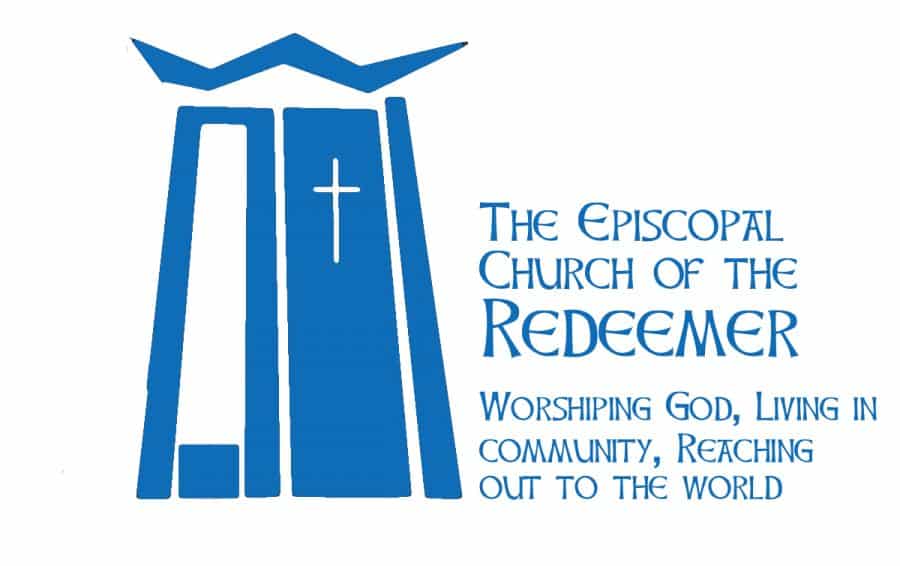This is the weekly bulletin insert from Sermons That Work.
Epiphany Bible Study: Week 6
During the season of Epiphany, The Episcopal Church’s Office of Global Partnerships is offering a weekly Bible study prepared by writers across the church and Anglican Communion. Each piece, consisting of the Sunday readings, can be studied alone, in small groups, or even with a congregation. You can find the whole study for each week at www.sermonsthatwork.org.
This week’s study for Epiphany 7 (C) was written by Larissa Minniecon, the truth-telling and reconciliation missioner for the Anglican Board of Mission, Australia, and an Indigenous emergency relief worker with St. John’s Anglican Church, Glebe.
1 Corinthians 15:12-20
15 Now I want you to understand, brothers and sisters, the good news that I proclaimed to you, which you in turn received, in which also you stand, 2 through which also you are being saved, if you hold firmly to the message that I proclaimed to you—unless you have come to believe in vain. 3 For I handed on to you as of first importance what I in turn had received: that Christ died for our sins in accordance with the scriptures 4 and that he was buried and that he was raised on the third day in accordance with the scriptures 5 and that he appeared to Cephas, then to the twelve. 6 Then he appeared to more than five hundred brothers and sisters at one time, most of whom are still alive, though some have died. 7 Then he appeared to James, then to all the apostles. 8 Last of all, as to one untimely born, he appeared also to me. 9 For I am the least of the apostles, unfit to be called an apostle, because I persecuted the church of God. 10 But by the grace of God I am what I am, and his grace toward me has not been in vain. On the contrary, I worked harder than any of them, though it was not I but the grace of God that is with me. 11 Whether then it was I or they, so we proclaim and so you believed.
Commentary from Larissa Minniecon
“That the Gospel did not come as Good News for Aboriginal people, but rather came as bad news, was due to the notion held by Missionaries that all of Aboriginal Culture was demonic. Thus began a Ministry of oppression and degradation, in trying to turn Aboriginal people into White folk. So, today the Christian faith of Aboriginal people is endeavouring to Aboriginalise the Gospel and Christian teaching.”
– Bishop James Leftwich, from Christian Faith and Aboriginal Culture, National Council of Churches in Australia
As people of faith, we hold this tension of the resurrection as an anchor to our Christian faith, proclaiming that without Christ’s resurrection, faith is futile and humanity remains in sin. The Apostle Paul’s writing challenges believers to recognize the transformative power of the Gospel, but how is this message being shared and received across others and cultures? Bishop James Leftwich’s words shed light on the historical tension between the Christian faith and our experience as Indigenous people and Aboriginal culture. Missionaries, in their colonial mindset, often misrepresented the Gospel by framing Aboriginal traditions and identity as inherently demonic. This injustice opposes the gift of transformative justice we inherit in the resurrection of Christ, which restores and redeems all creation. Today, Aboriginal and Torres Strait Islander Christians are reclaiming their faith by “Aboriginalising” the Gospel, ensuring it speaks to our unique experiences through a cultural lens. This act of resistance and restoration demonstrates the Gospel’s true purpose – a message of hope, liberation, and justice. The church must confront its complicity in oppression and injustice; it must embody a faith that upholds transformative justice and true reconciliation.
Discussion Questions
- How does the resurrection of Christ challenge us to confront systems of oppression and embody a faith that brings restoration and dignity for all?
- In what ways can we ensure that the resurrection and faith are shared and lived out in ways that honor justice and truth-telling for marginalized and oppressed communities?
Weekly bulletin inserts
This weekly bulletin insert provides information about the history, music, liturgy, mission, and ministry of The Episcopal Church. For more information, please contact us at stw@episcopalchurch.org.

Sermons That Work
For more than 20 years, Sermons That Work, a ministry of The Episcopal Church’s Office of Communication, has provided free sermons, Bible studies, bulletin inserts, and other resources that speak to congregations across the Church. Our writers and readers come from numerous and varied backgrounds. Small house churches, sprawling cathedrals, and everything between use the resources that Sermons That Work provides.

Church of the Redeemer
Church of the Redeemer: Worshiping God, living in community, and reaching out to the world around us. We are an Episcopal Church serving north King County and south Snohomish County, Washington. As you travel your road, go with friends walking the way of Jesus at Redeemer.
Church of the Redeemer is at 6210 Northeast 181st Street in Kenmore, Washington. The campus is a short distance north of Bothell Way, near the Burke-Gilman Trail. The entrance looks like a gravel driveway. The campus is larger on the inside than it is on the outside. And we managed to hide a large building on the side of a hill that is not easily seen from the street.
The Episcopal Church welcomes you.


